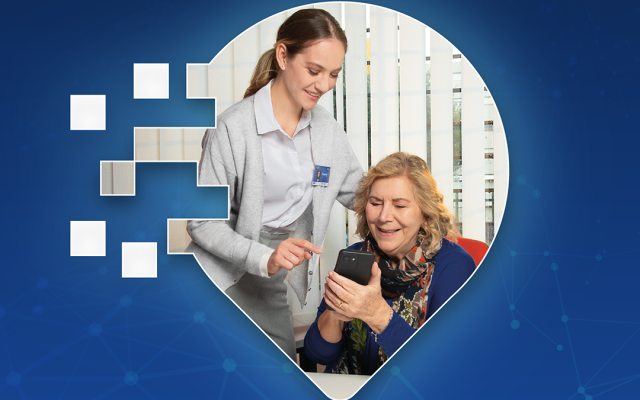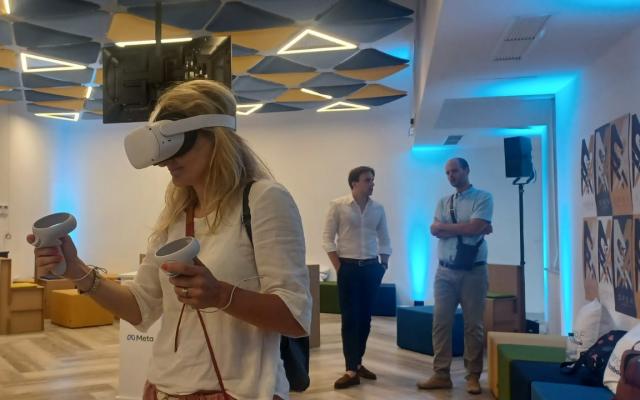Trieste hosts event on "Promoting Innovation in Life Sciences.”
To many, the metaverse evokes games and entertainment but, in reality, the most interesting applications are in service and public utility sectors, such as healthcare. So far, most healthcare cases have involved extended reality (XR), which includes augmented reality, virtual reality, and mixed reality, but trials of the mediverse are underway to improve access to care, the accuracy of diagnostics, the quality of surgery with advanced technologies, reduce costs (care delivery, medical training, data management), improve patient experience, and much more. The Boston Consulting Group has recently reviewed the metaverse applied to healthcare in a study entitled The Health Care Metaverse is More Than a Virtual Reality. As is often the case with new technologies, start-ups are driving much of the development. For example, in the field of mental health and neurological treatments, XR-based mental health therapies are used to treat anxiety, phobias, PTSD, and general stress. Augmented reality is used to assist medical procedures, including surgical preparation and execution of spinal surgeries and catheter insertion. The technology, which allows full (rather than two-dimensional) visualization of the patient's anatomy, improves error rates, speed, and results.
The applications of the metaverse are at the centre of the second session of the “Mediverse Tour” for the Promoting Innovation in Life Sciences - Friuli Venezia Giulia, The Place to Be, which will be held today in Trieste. The tour is an initiative promoted with Meta, Engineering Ingegneria Informatica spa, Società italiana di simulazione in medicina (Italian Association for Simulation in Medicine, SIMMED), Società italiana di leadership e management in medicina (Italian Association for Leadership and Management in Medicine, SIMM) to raise awareness on the potential of the metaverse to all those who work daily in the health and wellbeing of everyone.
Speakers at the round table entitled “Digital Innovation and Artificial Intelligence: Impact and Applications” include Elisa Amorelli (Fondazione Mondo Digitale), Costanza Andreini (Meta) and Gianluca Polegri (Engineering Informatica Spa). Following the debate, on November 8-9, the Trieste Convention Centre will host a stand organised by Engineering with "DOME Trieste," an immersive suite with a virtual assistant connected to an artificial intelligence engine, a virtual pharmacy, and a training room.
The idea of the “Mediverse Tour” was conceived by Programme Vagone FMD. From 01 to 100 promoted in partnership with Meta at the Binario F innovation space in Rome where we explored the potential that the metaverse offers in various fields, including the medical one. Each event is divided into three sessions: a technical introduction dedicated to understanding the opportunities of the metaverse together with industry experts, an experiential session in which concrete examples and best practices are presented, and a final brainstorming session on the implications of the technology.




